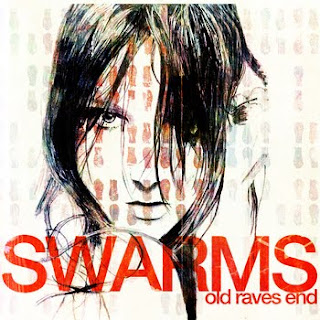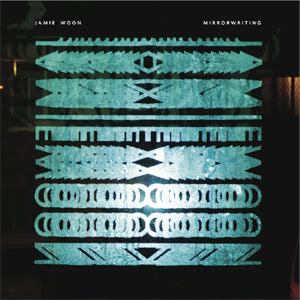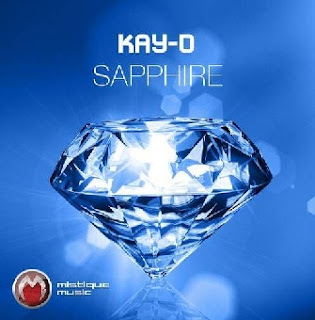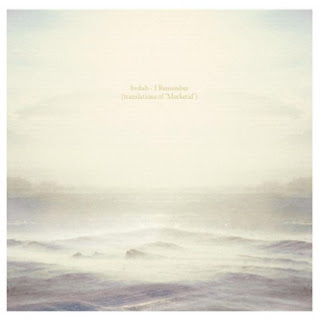
Steve Hauschildt (or Ambient Steve, as he isn't known) is one member of the Emeralds, a relatively popular ambient act beloved by the blogosphere. The connection should be pretty obvious if you've ever listened to the Emeralds, because Ambient Steve's solo work is cut from a very similar cloth. The Emeralds specialise in making ambient music characterised by abundant use of arpeggio synths. Arp-bient, if you will. And since Ambient Steve is the keyboardist and synth player for the Emeralds, no surprise that Tragedy & Geometry is an album that consists almost entirely of arpeggiated synth lines, the kind that old-school synths made by people like Korg and Roland can churn out immediately at the flick of a switch.
The thing about synth arps is that they're very pretty, and they're very hypnotic (hence why trance is so in love with them) but they're not particularly relaxing. In fact, listening to an Emeralds album is quite an exhausting experience, because you're constantly being bombarded with sparkly cascading melodies that never stop and hit countless notes every minute. This isn't so much of a problem if you're making high energy music (like trance), but since the Emeralds invariably take the ultra-pleasant play-book to ambient, the intended effect of calmness is demolished by the methodology employed.
Tragedy & Geometry (or Tardegy, as I just amusingly misspelled it) manages to be more reserved in this respect than the last Emeralds album, and it is a very pretty and distinctive sounding record, but the constant over-use of one technique is a little wearing, especially when that technique is not any masterpiece of sound design or studio craftsmanship, but rather a triumph of something fiddling with a vintage synth until they found a cool sound, and then making a career around it. And, quite frankly, heavily arpeggiated ambient has been done. It's been done decades ago and it's been done a lot better than this. For an all-time zennith, I recommend listening to Banco De Gaia's astonishing 35 minute ambient opus Kincajou (Duck! Asteroid!). This, by comparison, is unambitious fare.
Genre: Arp-bient
Stupid Arbitrary Rating: 7/10

















